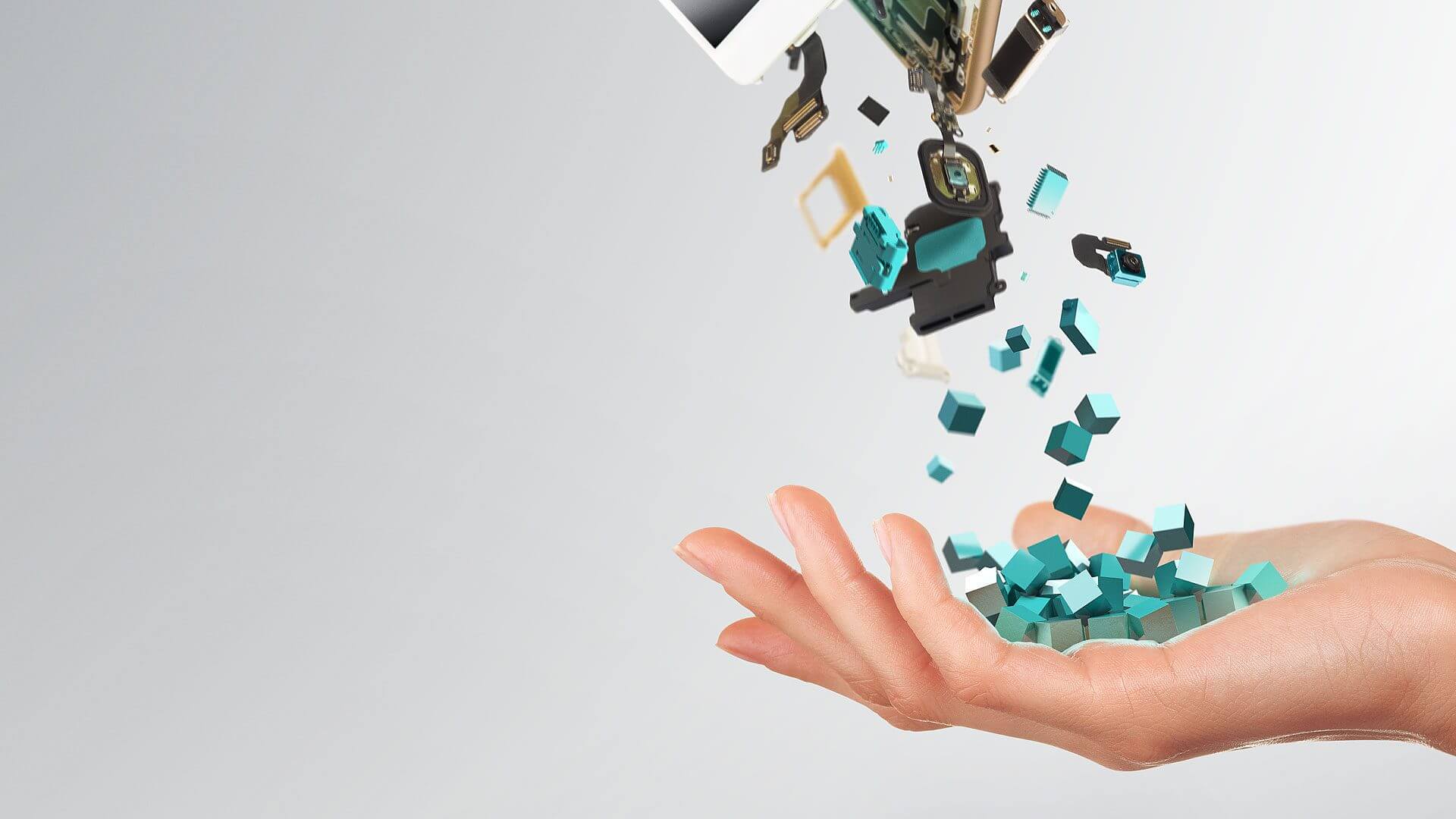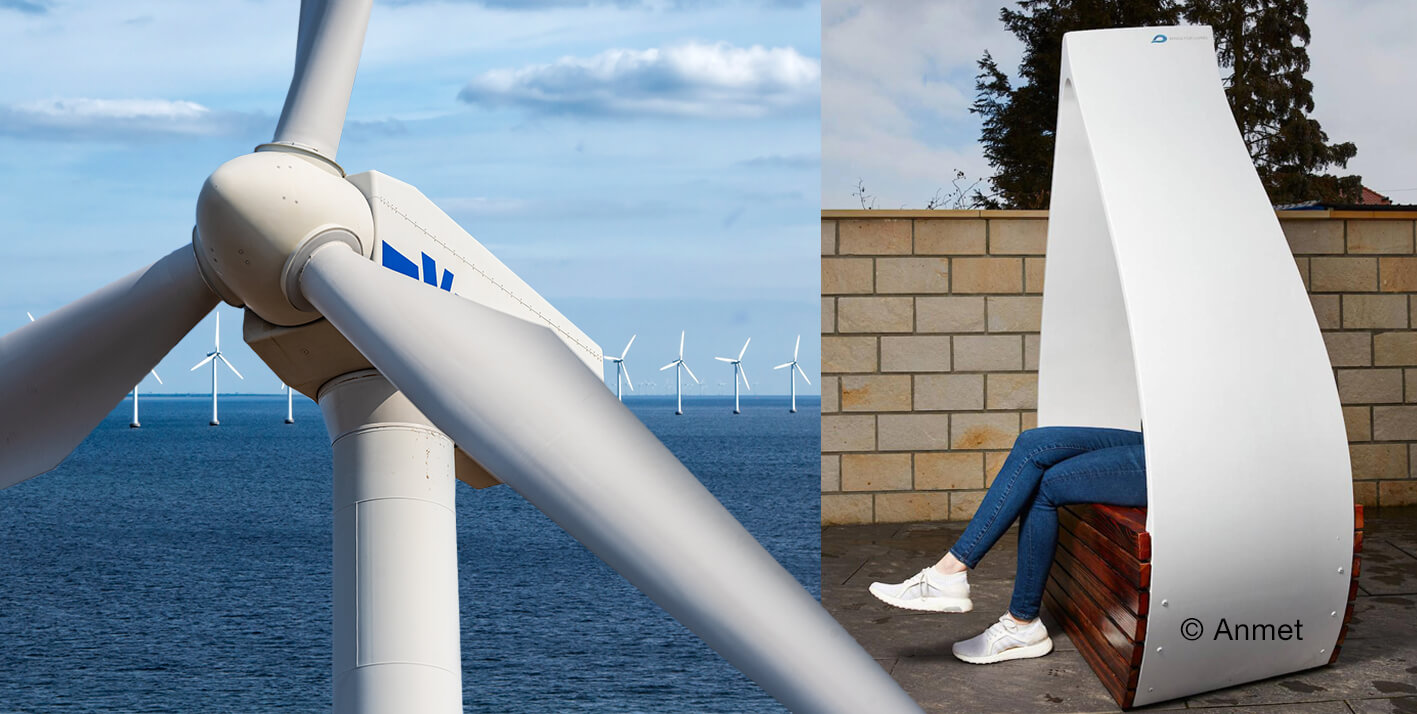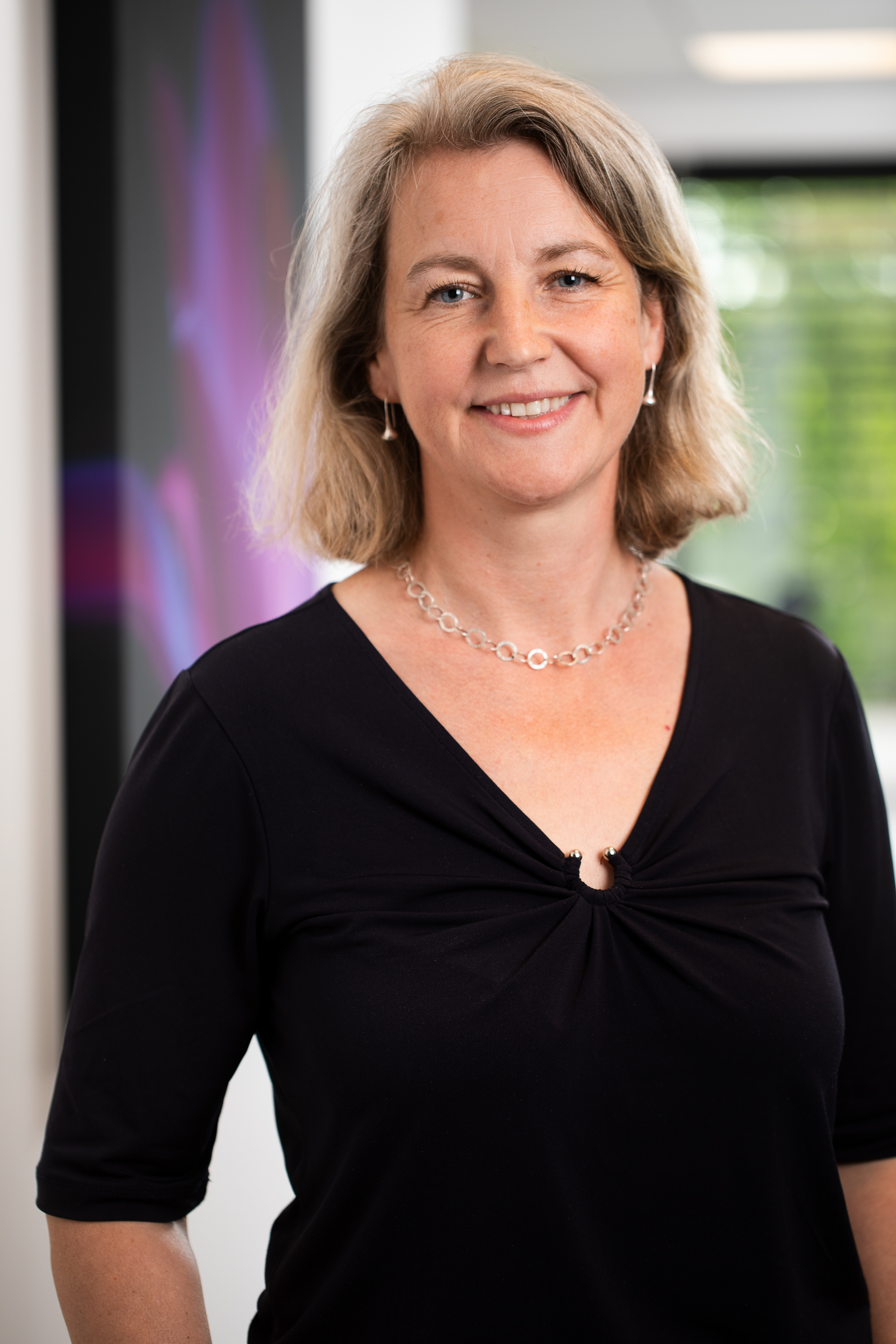We support the shift to a circular economy.

Sustainable businesses in balance with natural resources
The circular economy means being resource-efficient with the resources and assets we have on the planet. At Chalmers Industriteknik, we are working to increase understanding of how to live in balance with natural resources while meeting society's needs and contributing to competitive and sustainable businesses. At Chalmers Industrial Engineering, we work with the 'how' and it is important for us to make things happen. The transformation from a linear to a circular economy will not happen overnight, but the important thing is to start - whether it is with small or big steps. Our people have both the expertise and the breadth to contribute to the systems perspective. We often move across the interdisciplinary landscape in the areas below.






